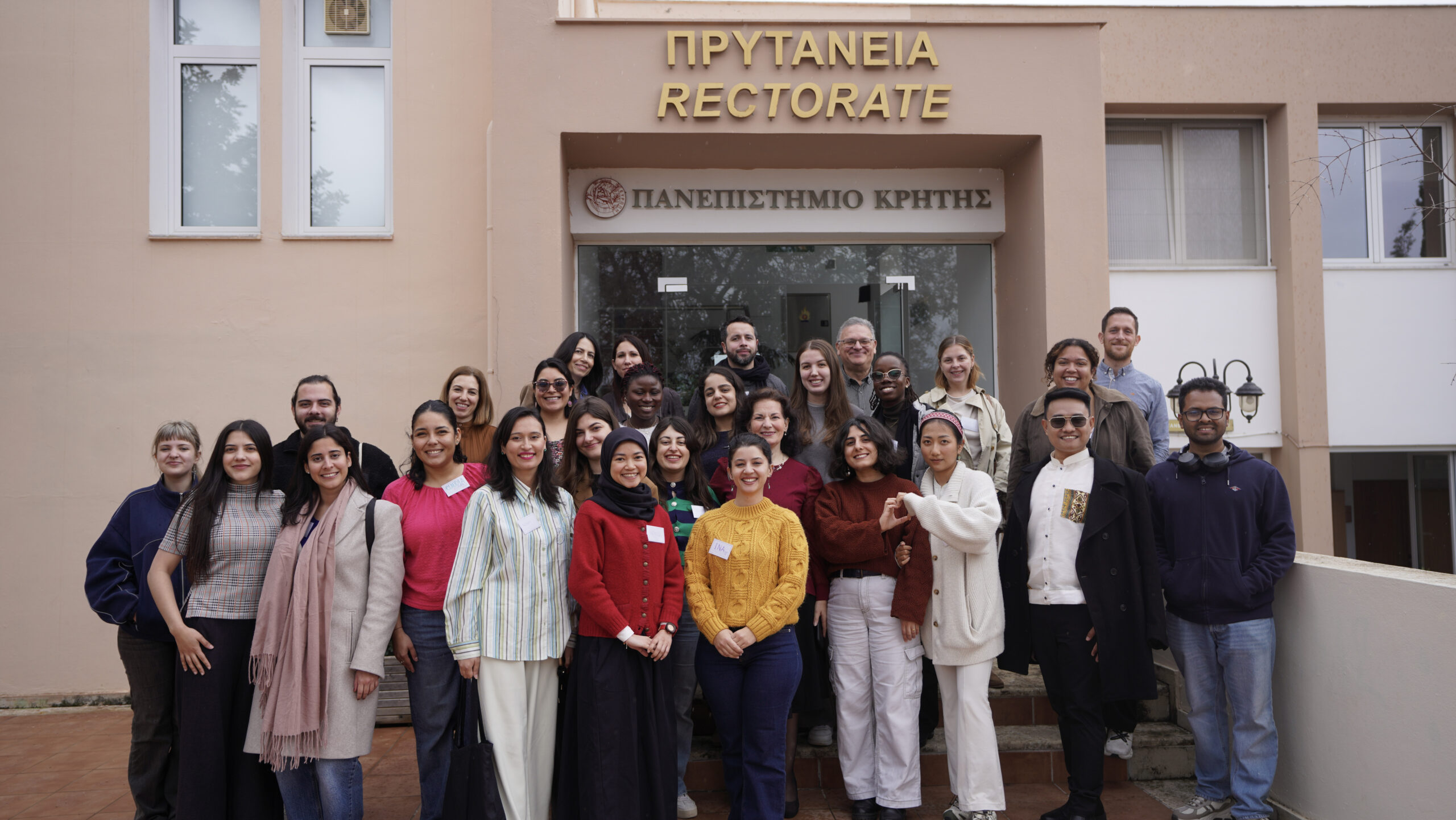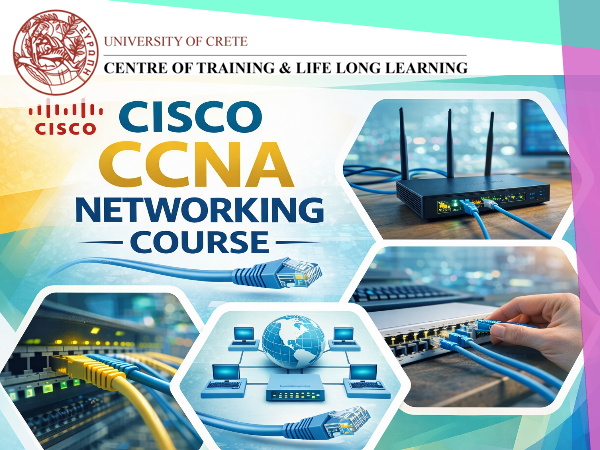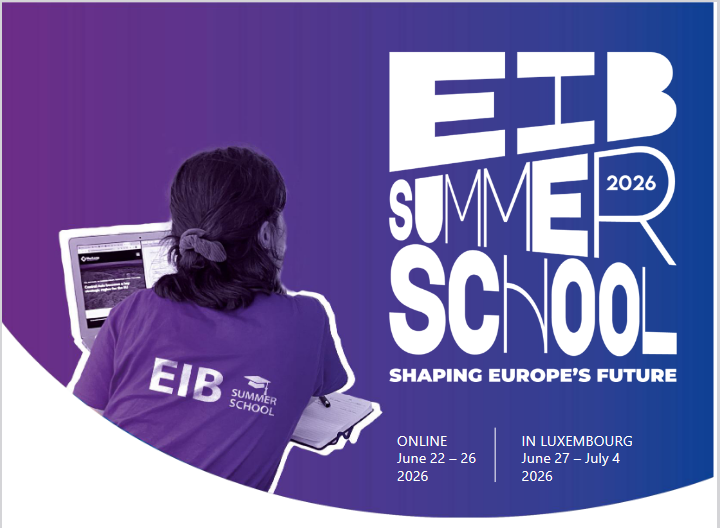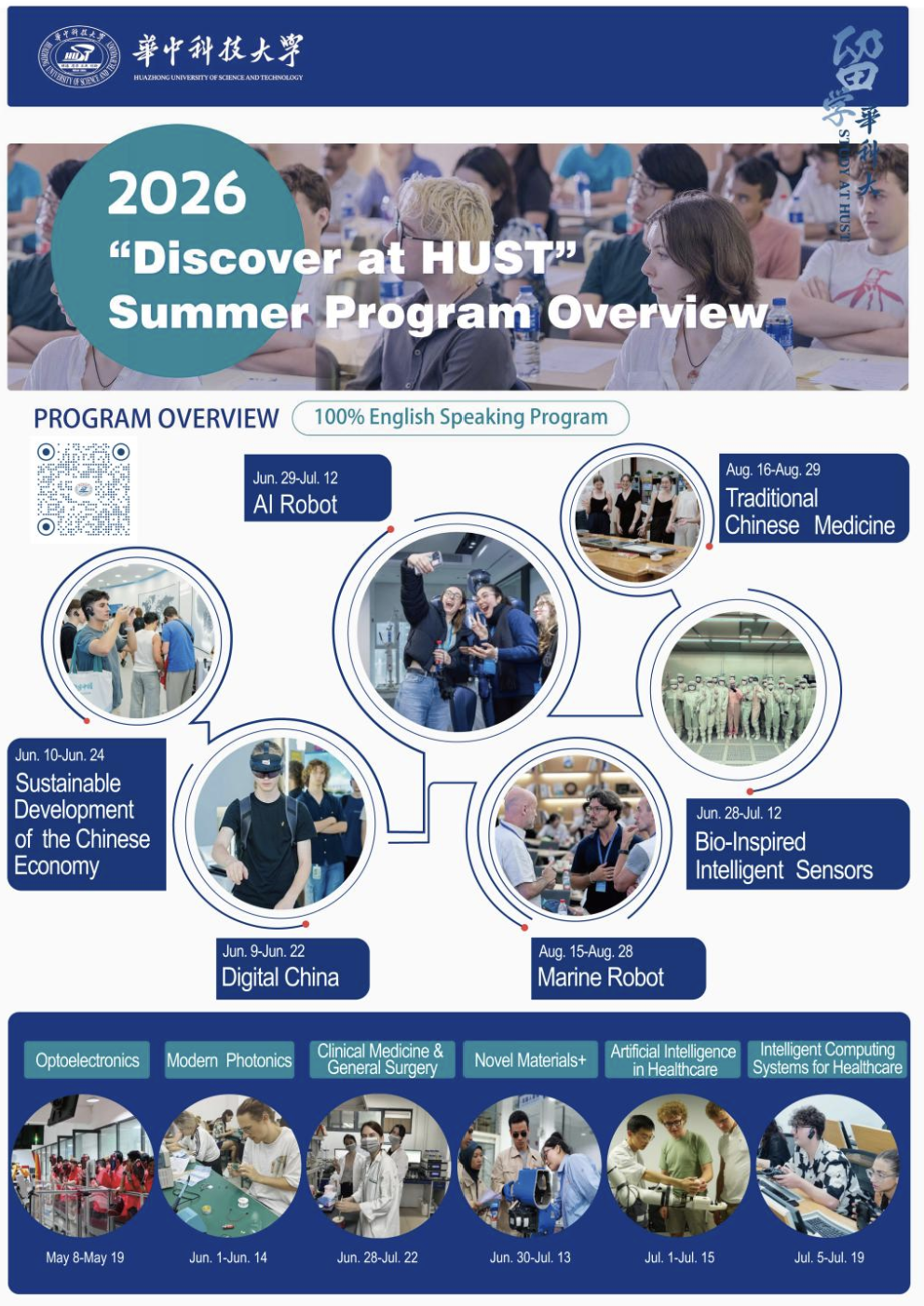Spring 2025 Lecture Series
📅 Date: Tuesday, April 8, 2025 | ⏰ Time: 11:00 AM
📍 Location: Meeting Room Vassileios Dougalis, STEP C, KEEK Building, FORTH
Guest Lecture
🔹 Speaker: Tatiana Passali, Medoid Ai
🔹 Title: Human centered NLP using Deep Learning
Abstract
Despite the impressive progress of Natural Language Processing (NLP) with the advent of Large Language Models (LLMs), building truly human-centered systems remains a pressing challenge. In the context of automated summarization, recent advances have moved beyond generic summaries towards controllable and topic-controllable summarization models, enabling users to guide the content and focus of generated summaries. Alongside, text simplification and plain language summarization have gained importance to make information more accessible to audiences with varying levels of expertise, literacy, or cognitive needs. Deep learning methods have shown remarkable capabilities in these tasks, yet current models often lack control, adaptability and alignment with diverse user requirements. In this presentation, we will explore recent developments, challenges and opportunities in designing human-centered systems with a special focus on controllable summarization models and simplification techniques aimed at making information clearer and more relevant for different users.









